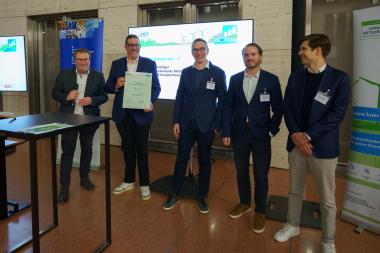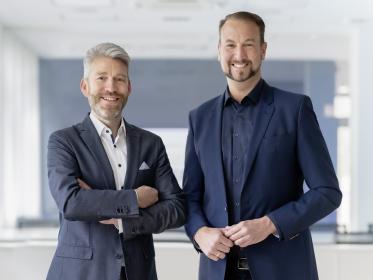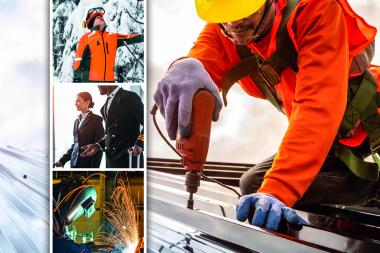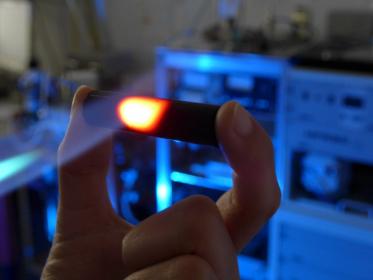Bio-based insulation textiles instead of synthetic insulation materials
Using bio-based and bio-degradable, recyclable insulation textiles to sustainably insulate heat and reduce energy consumption and the carbon footprint - the Aachen-based start-up SA-Dynamics has developed a solution for this dream of many building owners together with industrial partners. SA-Dynamics won the second Innovation Award in the "New Technologies on Sustainability & Recycling" category at the leading textile trade fairs Techtextil and Texprocess for this development.
The bio-based recyclable insulation textiles consist of 100 percent bio-based aerogel-fibres. They contain up to 90 percent air, trapped in the nano-pore system of the aerogel-fibres. The bio-based raw material is sustainably sourced and certified. The insulation textiles made from bio-based aerogel fibres are said to insulate the same or even better than synthetic insulating materials of fossil origin like PET, PE or PP and mineral or stone wool.
"By using bio-based aerogels, we are doing away with fossil-based materials and doing something for the environment and climate," explains Maximilian Mohr, Chief Technical Officer (CTO) at SA-Dynamics. "We are thus meeting the regulatory measures of the EU and the governments of many countries for more climate and environmental protection. By using bio-based, recyclable aerogels, we can revolutionise the world of construction.“
The Aachen-based start-up SA-Dynamics is made up of researchers from the Institut für Textiltechnik (ITA) and the Institute of Industrial Furnace Construction and Heat Engineering (IOB) at RWTH Aachen University.
The bio-based aerogel fibres originate from the LIGHT LINING research project of the BIOTEXFUTURE innovation area. The LIGHT LINING research project focussed on sports and outdoor textiles. The research results are transferable to the construction sector.
The Techtextil and Texprocess Innovation Awards ceremony will take place on 23 April 2024 at 12.30 pm in Hall 9.0 in Frankfurt/Main, Germany.
RWTH Aachen, ITA












